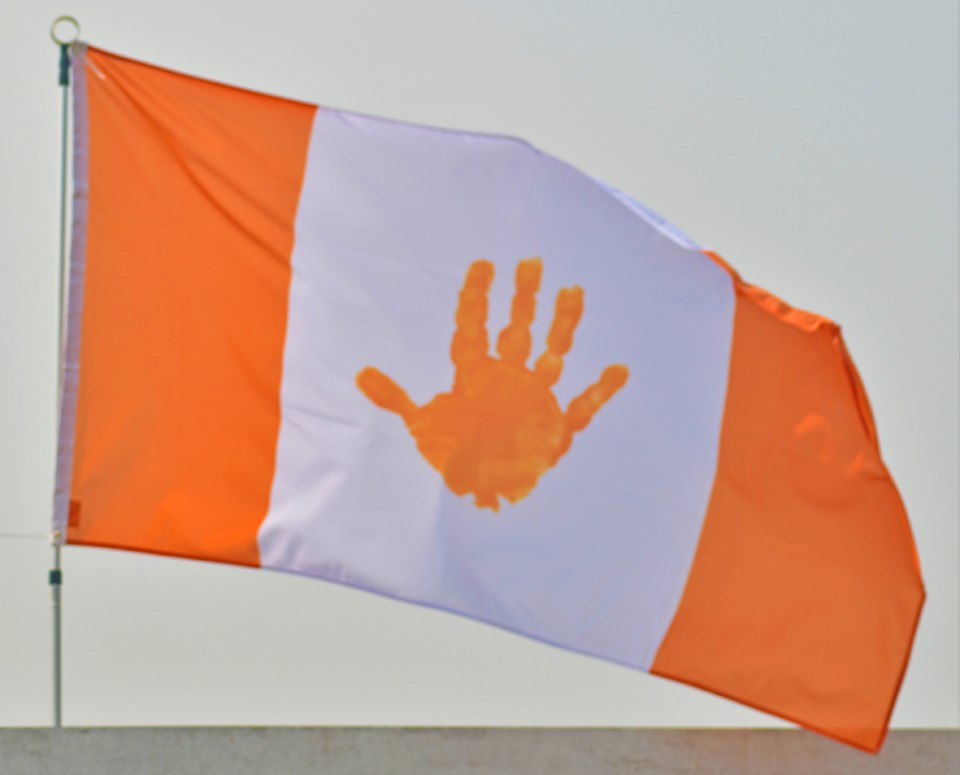SASKATOON — The Missionary Oblates of Mary Immaculate will continue cooperating with Indigenous leaders to provide relevant information to all records they had when the religious order ran 48 of the 130 residential schools in Canada.
The Marieval Indian Residential School in Cowessess First Nation in Saskatchewan and Kamloops Indian Residential School in Tk’emlúps te Secwépemc First Nation in British Columbia were some of the schools administered by the Oblates and where unmarked graves have recently been discovered.
The Oblates had a long historical relationship with Indigenous peoples in Canada since the first missionaries arrived from France in 1841. They worked in Indigenous communities in the east, moved their way to the west and even went far up north of the country.
The Oblates, a Roman Catholic religious order, accepted the Canadian government’s invitation to open and administer residential schools along with three other churches — the Church Missionary Society of the Anglican Church (Church of England), United Methodist and Presbyterian.
The Oblates, in a media release, said they continue their efforts to atone for the sins of the past by granting the National Centre for Truth and Reconciliation full access to its archives that contain important residential school records in Rome as their way of being transparent.
The Oblates release added their leadership will make sure all the records will be made available to the survivors of residential schools, their families, their communities and all Canadians.
“As announced in December 2021, the [OMI] have agreed to provide the NCTR full access to residential school records which may be held in the Oblate archive in Rome, Italy. These might include letters written by early Oblate missionaries to Oblate leaders in France or Rome,” said the statement.
The statement added that they are coordinating a visit to the archives by NCTR head archivist Raymond Frogner this spring and will also continue to provide records from their four archives across the country.
“The Oblates have provided new funding for additional archivists and to date has prided more than 40,000 records to the NCTR. Work is ongoing to identify and process additional files including the digitalization and transfer of handwritten entries from Oblate missionaries known as Codex Historicus,” said the statement.
The truthful account of the history of the abuses committed to Indigenous Peoples in residential schools is part of the healing process for the survivors, their families and their respective communities.
The Oblates issued an apology in 1991 for violating the familial bond when Indigenous children were taken away from their communities and their traditions, native languages and religious practices were suppressed.




